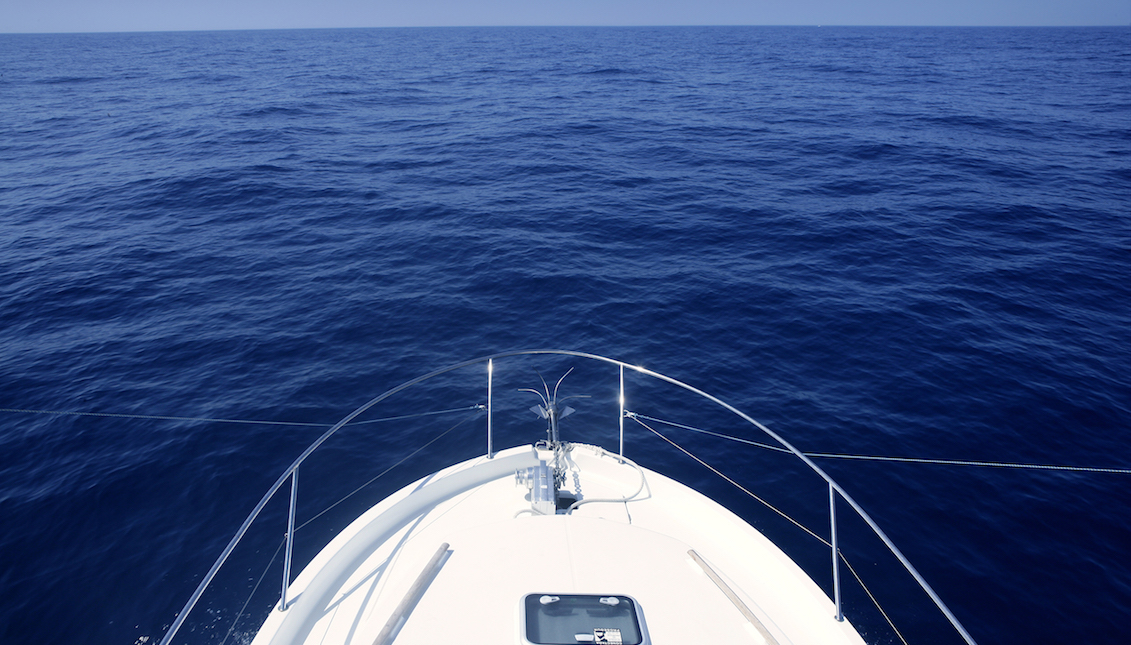
Still on board
Words from the deck.
I live on a passenger ship, at least for six months. I am in the middle of my second contract; that is, for 9 of the last 11 months I have been on a boat, or "cruise ship" as they are called.
Onboard, 1 out of 4 people is a crewmember, which means that on average there are 1,000 crew members and 3,000 passengers. At least that's how it was until a few days ago.
On March 11, the Donald Trump administration ordered all cruise operators to stop scheduled operations until April 10, because of the growing threat that, as the world knows, represents the evolution of the COVID-19 that is now cataloged as a Pandemic.
Like you, we, the other 1,000, are in quarantine, in a space that is alive, where there is always someone working, day and night. What has changed for us? There are no passengers on board. Every day we get our temperatures taken, no cases of the virus reported. Those whose jobs are vital to the functioning of the ship continue to work, but there are positions on board that depend on guests to do their jobs: waiters, salesmen, musicians, photographers, masseurs, and dancers. All still on board, far from their homes, living the quarantine in communion and trying to keep in touch with their families.
Most of us live in a shared cabin: double cabins, one bathroom, one TV. Being in real quarantine is practically impossible here because in any case, the spaces are common: dining rooms, gyms, corridors, bars, and laundry. There is no room for privacy here, and we are among people we don't know very well; even if we are friends, even if there are those who find a partner or come as a couple, our life is outside.
But the world is in quarantine, and we don’t really know how the crisis is developing outside. In an environment in which we are usually busy and in our free time we sleep or spend it in small doses of leisure, today we have a lot of spare time.
We all speculate that if a cure for the virus cannot be developed in time, the end of the world, as we know it, is approaching. We are fortunate to be in one of the safest places in case it does. But the rest of the world is not, our parents and siblings, for example.
You can't imagine how many of the people living onboard have a spouse and children. I've seen them, they've shared their photos with me, they include me for seconds in their conversations: "look at my daughter, she's 3 months old," "she's my wife, she's about to give birth," "it’s my father's birthday, he's seventy and she's still laughing like a boy.”
We miss the outside world, all the time.
RELATED CONTENT
For the duration of our contracts, we have the opportunity to go out to port every time we touch land (there are times when we cannot go out), but as the weeks on board pass and the tiredness builds up, we stop going out. We sleep, wash clothes, eat, work, and have a few drinks at night and go back to sleep.
Now that we can't get out of here, well, we try to find what to do. Some read, many watch movies. Some play sports, many go back to the gym, but the options don't stop us from thinking about what is happening.
The thing about this uncertainty is that it makes us think about the worst-case scenario. And although the company is making great efforts to keep us on board, we know that it can't be for long.
Here we hope that the scientists will find a cure, that the economy and the markets will revive, that the passengers will return. We are waiting for good news from the outside world, and although we are only a few days away from this confinement, events are still not happening in the way we would like them to.
It is three o'clock in the afternoon and in the middle of the sea, I think the world needed to stop and retrace its steps. The opportunity came with great surprise, the setting is not ideal and we hope that people do not succumb to fear, chaos, and selfishness.
My opinion is unpopular, and although I need and enjoy this work, I feel a strange relief to see the world-shaking in the face of an unexpected phenomenon that exposes important failures of governments, of the market; from here I can see it: empty shopping malls, destocked supermarkets, hospitals that cannot accommodate all the patients. But what do I know? If I live on a boat far from the problems of others, and I could care less?









LEAVE A COMMENT:
Join the discussion! Leave a comment.